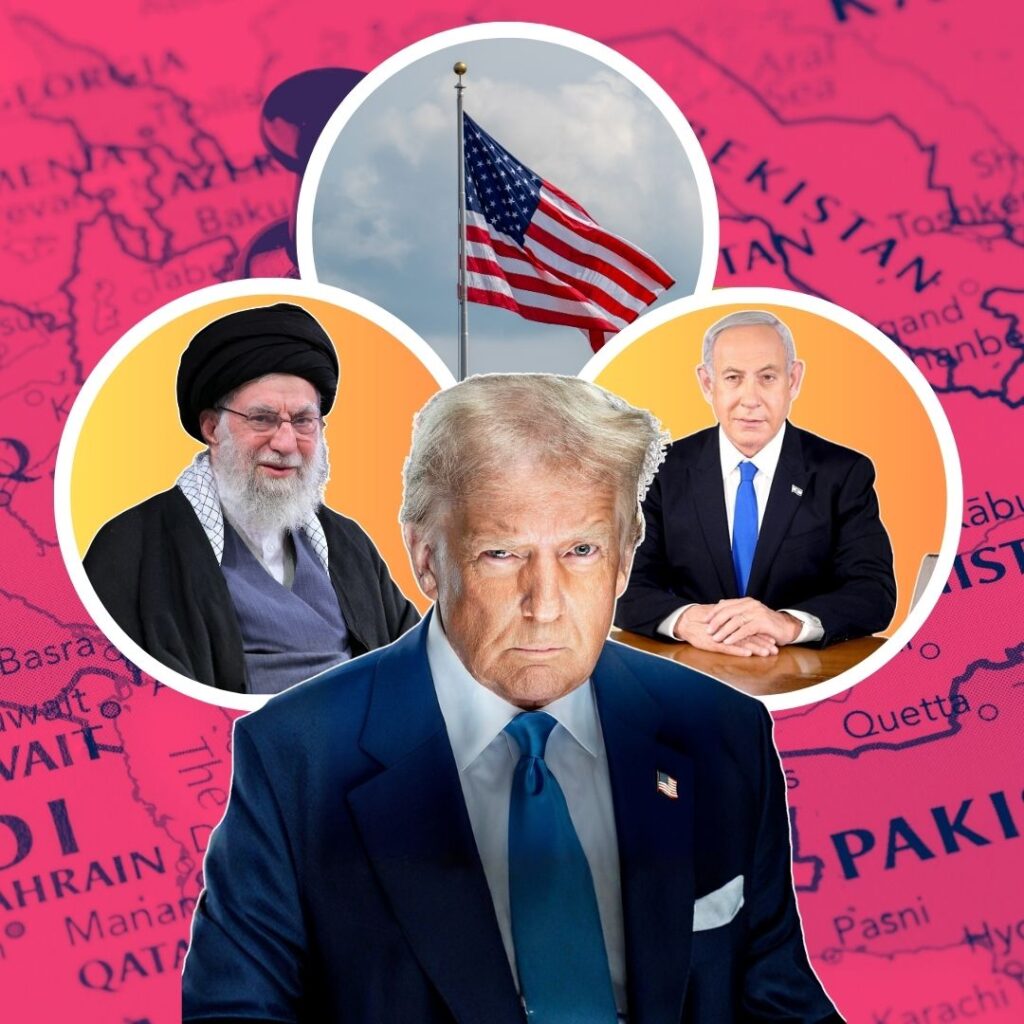A brutal and chilling murder case in Bhavnagar, Gujarat, has left the local community in shock after a labourer named Kamlesh Dudhiya was found dead with severe injuries. The investigation revealed a disturbing plot orchestrated by Kamlesh’s wife Mamta, her lover Aman, and Aman’s friend Amit, who conspired to murder Kamlesh so Mamta and Aman could start a life together.
This case, which unfolded in late October 2025, exposes the tragic consequences of unresolved personal conflicts and societal neglect of mental health issues in smaller towns.
The Crime and Arrests
Kamlesh Dudhiya, 35, was discovered lifeless with multiple injury marks on the outskirts of Bhavnagar, prompting a police investigation that quickly focused on his wife Mamta due to prior domestic disputes reported by Kamlesh’s younger brother.
Police Superintendent Tejas Patel reported that Mamta had been involved in a secret relationship with Aman, a resident of Kevalani village, which had caused frequent quarrels at home. After Mamta expressed her wish to marry Aman, the three allegedly conspired to kill Kamlesh. Police investigations revealed that the trio lured Kamlesh out under a false pretext, viciously assaulted him, and dumped his body to mislead authorities into thinking the attack was random.
Phone records, CCTV footage, and evidence from the crime scene led to their arrest and subsequent confessions. The suspects have been charged with murder and criminal conspiracy, with the police continuing enquiries to rule out any additional accomplices.
Underlying Tensions and Community Response
The case highlights the growing strain caused by extramarital affairs and unresolved domestic tensions in traditional Indian households where societal pressure and stigma often prevent open communication. Neighbours and community members described Kamlesh as a quiet man who generally kept to himself, expressing disbelief at the brutal nature of his death.
According to officials, the repeated fights between Kamlesh and Mamta over her affair created a toxic environment that ultimately escalated into fatal violence. The emotional turmoil faced by all related parties is a stark reminder of the often unseen mental health crises in rural and semi-urban India, where counselling and mediation services are scarce. In response, local authorities have pledged a speedy trial and offered psychological support to the victim’s family.
Broader Social Context
This tragic event is part of a disturbing pattern of domestic violence and relationship-related crimes reported from Gujarat and across India, demonstrating critical gaps in public awareness, access to mental health care, and legal protection mechanisms.
The societal tendency to suppress difficult conversations about marital problems, infidelity, and emotional distress often leads to extreme outcomes when individuals feel trapped, isolated, or without recourse. Experts emphasize the urgent need for preventive mental health services, community engagement, and sensitisation aimed at reducing stigma around seeking help.
This incident calls for strengthened social safety nets and educational campaigns in smaller towns to foster healthier, nonviolent conflict resolution.
The Logical Indian’s Perspective
The Logical Indian views this tragedy as a sobering call to nurture empathy, kindness, and open dialogue within families and communities. Violence born of betrayal and desperation fractures not only lives but the social fabric itself.
It is imperative to create accessible pathways for emotional support, conflict resolution, and mental well-being before relationships spiral into irreparable harm. Committing to these values can help prevent such senseless loss and promote coexistence and healing.













